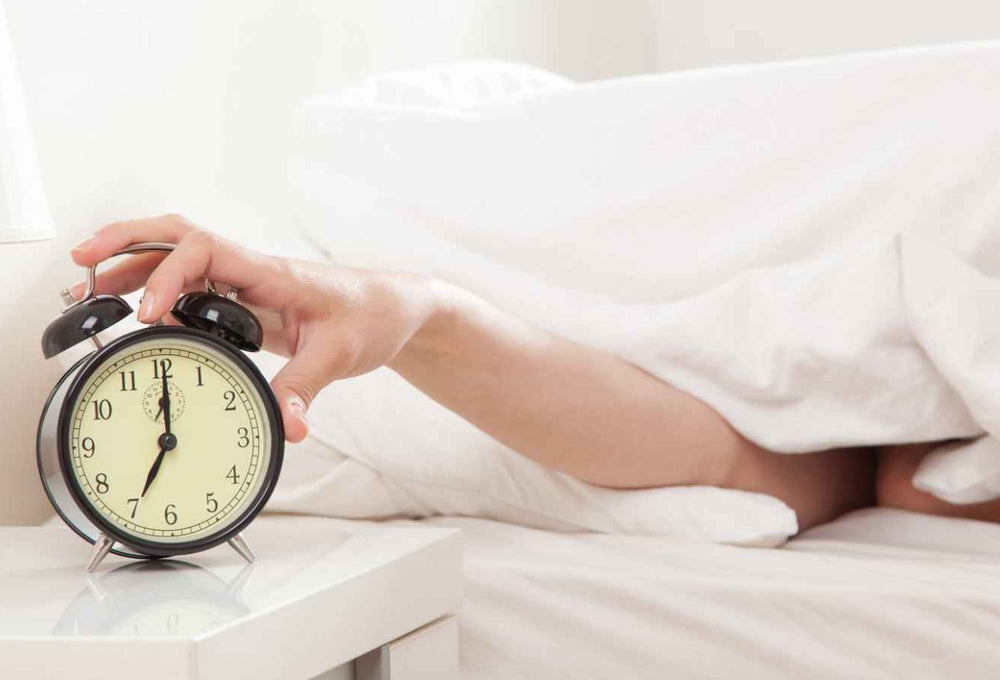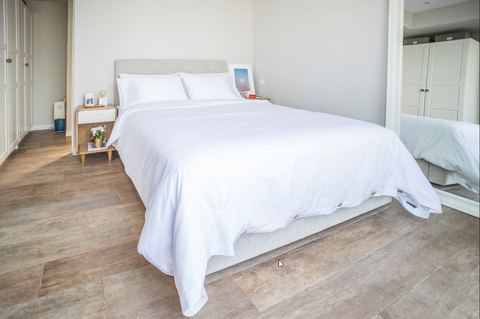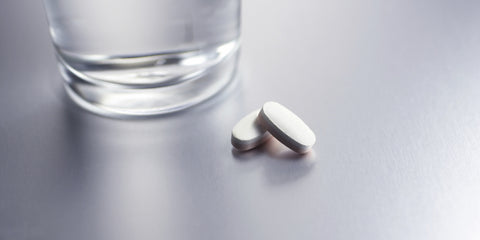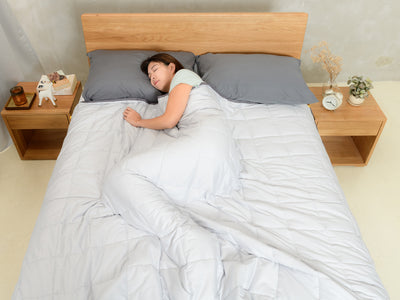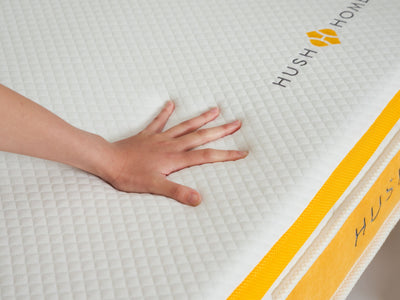🥰 VALENTINE'S DAY
20% off everything
Pillow Sales: BUY 2 GET 35% off
TWO is better than one ♥
USE CODE LOVERSDAY
✦ ENDS 19 FEB
Mattresses


All
A mattress for every sleeper
-
From HK$5,900
Bath


A good night’s sleep starts with little good things.
Wellness & Gifts


All
A good night’s sleep starts with little good things.
More


All
A good night’s sleep starts with little good things.
Please wait while we process your order































